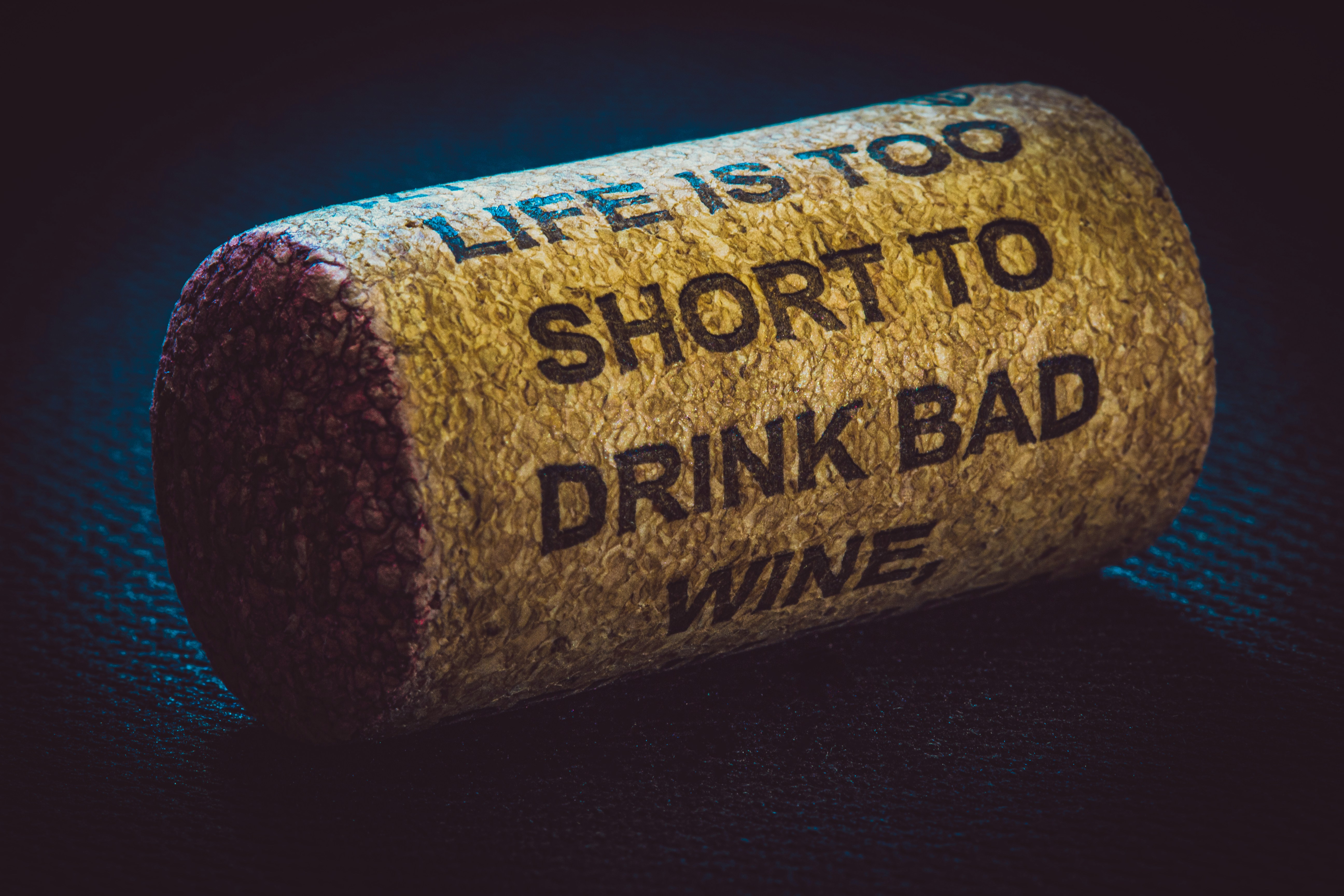Beyond mediocrity: When (not) to use GenAI
There’s no doubt that GenAIs are incredibly useful in our daily lives and can be applied to nearly everything. However, there are moments when I choose not to use them, even though I could. In my view, generative artificial intelligences are essentially mediocre. And that’s perfectly fine because most of us are even worse than mediocre in many areas. Specialization has been fundamental to human evolution; by focusing on some areas and neglecting others, we have increased efficiency and the quality of our work. The result is that we’re great at a few things, average at many, and bad at quite a lot.
A baker will dedicate years of his life perfecting his bakery techniques, which means he won’t become an excellent Formula 1 driver. Not due to a lack of capability, but because deliberate practice is required to excel at something. The reverse is also true: someone who dedicates years to becoming a top Formula 1 driver will hardly be as good a baker as the one in the example. As a programmer, I have dedicated countless hours to improving my coding skills, and I’ll likely keep doing that for the rest of my life. Meanwhile, I’m not exactly gifted in drawing.

An artist, on the other hand, will devote themselves entirely to perfecting their visual craft but probably wouldn’t code a complex system. This is where artificial intelligence fits in perfectly: AI is useful precisely because it’s “mediocre” at everything. If I, a decent programmer with zero artistic capability, need some mediocre art for something, I can turn to GenAI for help. In the same way, a brilliant artist with little coding skill can rely on AI for something related to coding. And that is fantastic.
There are times when a touch of mediocrity is just what you need. It’s like traveling to a country where the local cuisine is completely opposite to your taste, and all you need on that trip is a fast food with the most mediocre flavor possible. Sometimes, all we need is the reliability that only mediocrity can bring.
But one thing that truly bugs me out is seeing people getting comfortably complacent with the mediocrity of GenAI when they should be striving for excellence. It’s one thing for someone with limited technical expertise to rely on AI to generate code. However, it’s completely concerning when a software engineer uses AI recklessly for systems that need to be secure, reliable, stable, and maintainable.
The same applies to art and communications: I appreciate small businesses and micro-entrepreneurs using AI-generated art to promote their ventures, yet it’s troubling when large companies resort to lazy, impersonal AI posts. There is a clear difference between amateur and professional use. As a professional, you can and should take advantage of every available tool to deliver the best result. At the same time, it’s your responsibility to break free from mediocrity and strive for excellence.
It’s like choosing a wine: as an ordinary person who enjoys good wine, I may allow myself the luxury of mediocrity, choosing wines recommended on TikTok, by friends, or even by an AI, why not? But if I were a wine professional, I would have to go much further and ensure through my own efforts that I am achieving excellence. It’s a matter of professional ethics and taking your craft seriously.

Moreover, there are moments when a GenAI can be too perfect; exactly what is expected, without any deviation. It’s like live albums versus studio albums. Studio albums are perfect, and honestly, I find them a bit boring. The instruments are played flawlessly, the sound capture is impeccable, and the vocalist’s voice is angelical.
Perhaps the only thing more tedious than mediocrity is perfection. To me, that anti-human perfection feels artificial and overly industrialized. I love live albums because they are full of imperfections, moments when the artists broke from the script and were… themselves. Sometimes an instrument plays the wrong note, sometimes the vocalist gets out of tune, and to me, that is beautiful. One of the best sensations for a fan is listening to live albums and remembering all those raw, unindustrialized moments, knowing exactly when someone made a joke. When our heroes were simply human.
Perhaps one day a GenAI will manage to break free from the script as spontaneously as a rock star in the ’80s with the periodic table flowing through their veins. In my view, excellence isn’t the absence of imperfections; excellence is being different from the ordinary, being innovative, adaptable, and always striving for the best instead of settling for the common.
To sum up: It’s undeniable that AI is a tremendously useful tool, particularly for tasks that aren’t in our natural wheelhouse. It can help us overcome our underdeveloped skills when we need something quick and functional. However, if you aspire to create something outstanding, relying solely on AI isn’t enough. You must dare to innovate and step beyond the bounds of mediocrity.
—
You might be wondering if I used GenAI to write this. Of course I did, I’m not stupid. But the ideas, the words, the essence; that’s all me. GenAI just helped with the parts I didn’t care to be mediocre at, like ensuring the grammar was right.
Back to Home